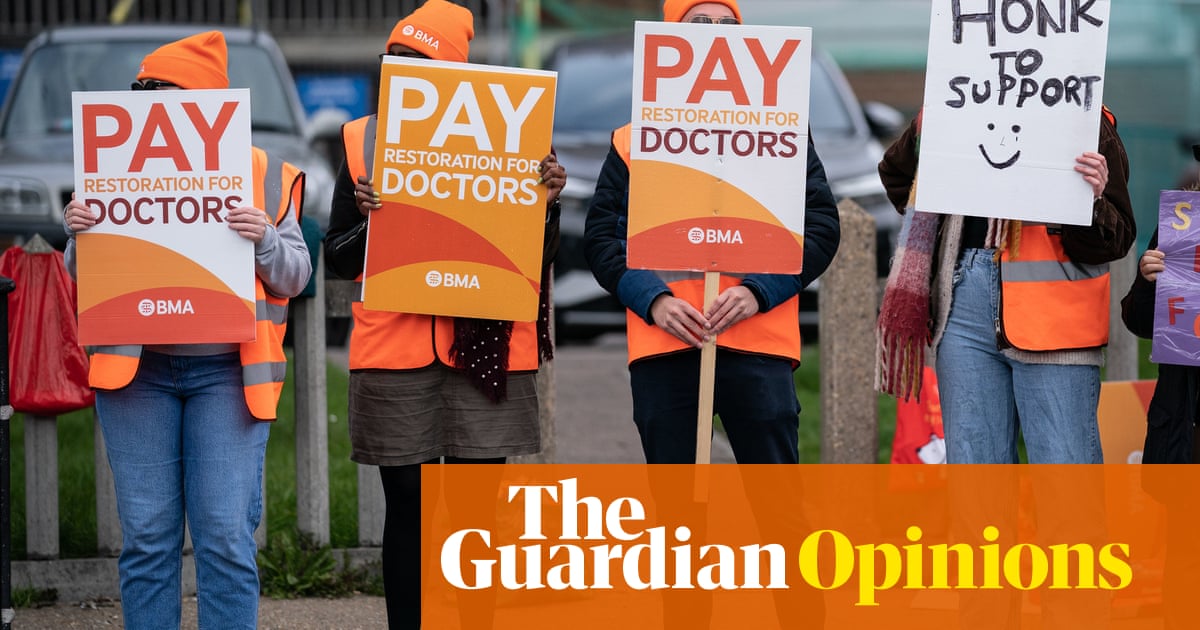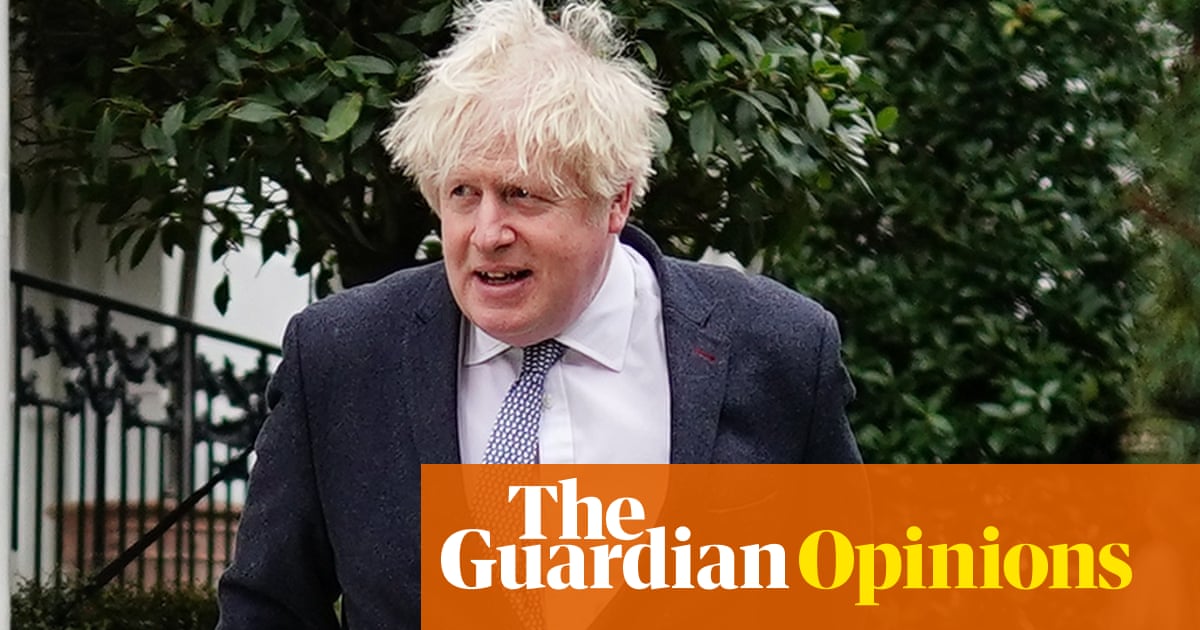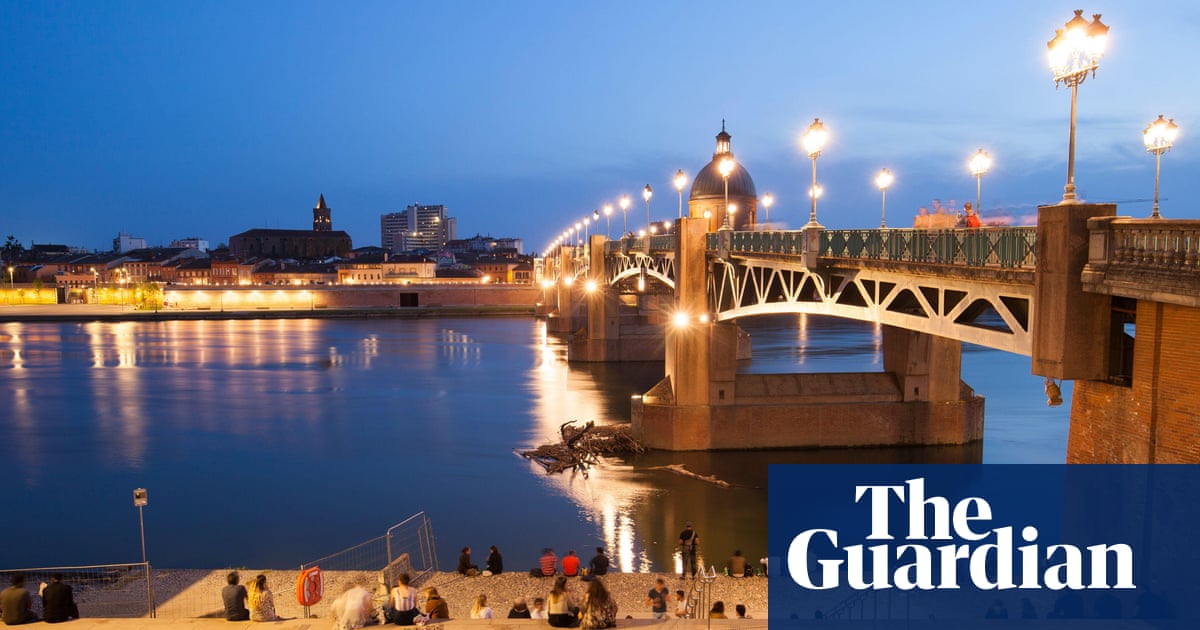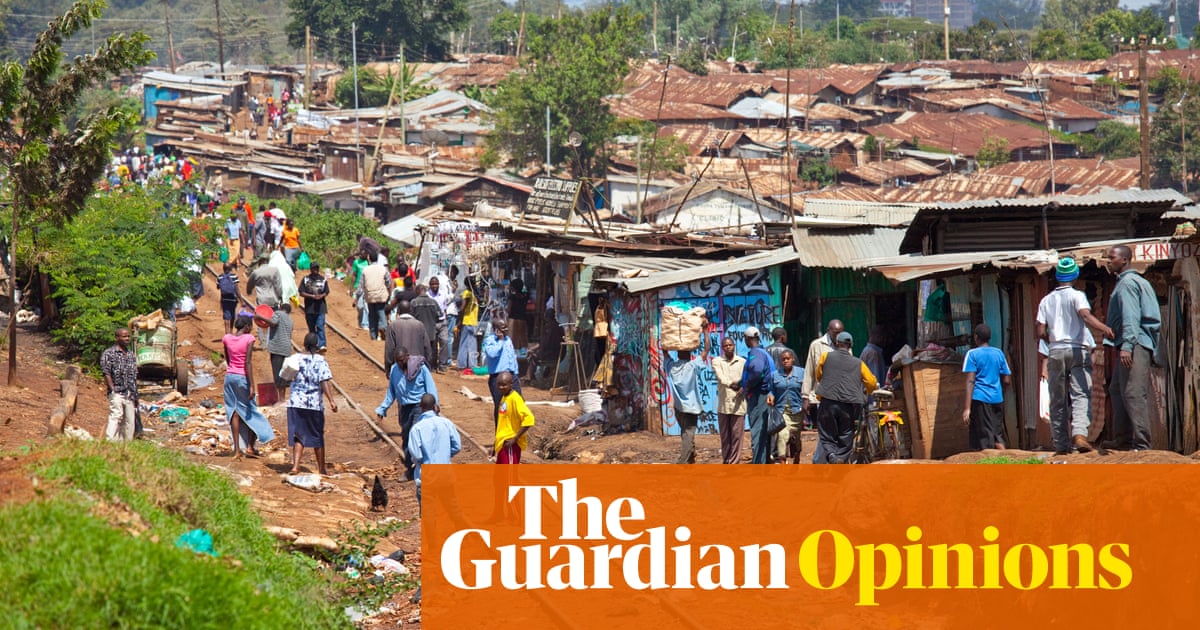
hen throwing out a load of stuff a couple of years ago, I came across an old Biro adorned with the rainbow logo of the Department for Children, Schools and Families, disbanded by the Conservatives in 2010. It went in the bin with a pang of sadness, even as I thought how silly it was to feel an emotional connection to a decade-old, government-branded pen.
But after 10 years of policy that has lacked any notion of what constitutes a good childhood, maybe it’s not as ridiculous as it first sounds. My sorrowful nostalgia for a time when concern for child wellbeing drove the national agenda long predates Covid. It shouldn’t have taken a pandemic that has claimed the lives of thousands of parents and grandparents, and shut schools for the best part of a year, to shine a light on how our society has collectively lost its way on childhood.
That’s not to be over-dramatic: children can be incredibly resilient and the majority are healthy and happy and developing well even after the year they’ve just had. But there are a significant minority who are not, for whom Covid has made things immeasurably worse. Once upon a time, we used to think every child mattered, to the extent this was the defining trait of the last Labour government. Today, our political discourse has shrunk children from the little people they are – the parents, colleagues and citizens of the future – to “remote concepts or data points” in the excoriating words of the outgoing children’s commissioner.
The statistics are tripped off so frequently that it’s easy to forget how awful they are: the number of children with mental health conditions had risen by 50% four months into the pandemic, compared with a 2017 baseline. Is it any wonder so many are struggling when 2.3 million children are growing up with domestic abuse, severe parental mental health issues or drug and alcohol abuse at home?
Yet we are doing so eyewateringly little for the children who have suffered most, who have gone backwards not just in terms of educational outcomes but the social and emotional capacities they have lost as a result of not socialising with friends, losing so much of their real-world mediation of social media or living round the clock with a dad who abuses their mum. The government hasn’t done anywhere near enough to close the widening attainment gap, but at least we still have the inclination to talk about it.
In the policy circles that matter, there has been so little focus on the lack of social and emotional development that is at least as profound and will do children lifelong damage including to their learning. Why on earth aren’t we throwing bucketloads of cash and energy at structured activities for children this summer, at revolutionising child mental health services and putting counsellors in every school? Why aren’t we investing vast sums in reversing the decline in parental mental health and in domestic abuse prevention programmes, given the impact they would have on children’s lives?
So much has been learned in recent decades about what makes for healthy and happy childhoods. We understand the importance of parenting to children’s abilities to form healthy relationships for the rest of their lives, of good social and emotional development for educational outcomes, of the early years as a foundation for life. The 00s were all about putting those insights into action: the decade of Every Child Matters – a holistic framework for every part of the state that supported children – of Sure Start children’s centres, of early years parenting support, of resources for schools to focus on social and emotional learning alongside the 3Rs, of a target to eradicate child poverty by 2020. It was a decade where visionaries such as Tessa Jowell and Gordon Brown elevated childhood to its rightful place within government and invested big in trying to realise their ambition of making Britain the best place in the world for children and young people to grow up.
So much of this was ripped away by the Conservatives in the 10s. Spending cuts have seriously reduced children’s services and financial support for low-paid parents. The refashioning of the Department for Children, Schools and Families into the Department for Education was driven by ideological disdain for a holistic understanding of childhood and a belief that what cannot be measured by an exam is a distraction. No cabinet minister has responsibility for children; there is no cabinet committee devoted to children and families.
The result is not just an insanely minimalist response to the pandemic that has barely gone beyond a bit of catch-up tuition. Not that this government was getting childhood right pre-Covid; far from it. The architecture that was painstakingly built to collectively nurture the children that need it has been dismantled and schools are being left to pick up the pieces as best they can. There are no answers for the children groomed into gangs, for the girls being sexually assaulted by their peers or for young people whose understanding of intimate relationships is being shaped by easy access to violent porn.
The idea that this can all be mopped up by relationships and sex education delivered by untrained teachers, some of whom embody the problematic attitudes found in wider society, is absurd. The narrow focus on schools to the exclusion of all else is not even delivering on its own terms; devastatingly, the primary school attainment gap was widening pre-pandemic, and the numbers of young people leaving education without basic qualifications have been rising. You cannot drop the ball on family wellbeing and expect children to excel at school.
“There can be no keener revelation of a society’s soul than the way in which it treats its children,” Nelson Mandela said in 1995. I look at the Conservatives running our country and all I see is indifference to other people’s children; a government more bothered about flags than the next generation. Is it really too much to ask for a prime minister for whom there is nothing more important than ensuring every child gets the start in life they deserve?












